The Most Historically Accurate War Movies Ever Released
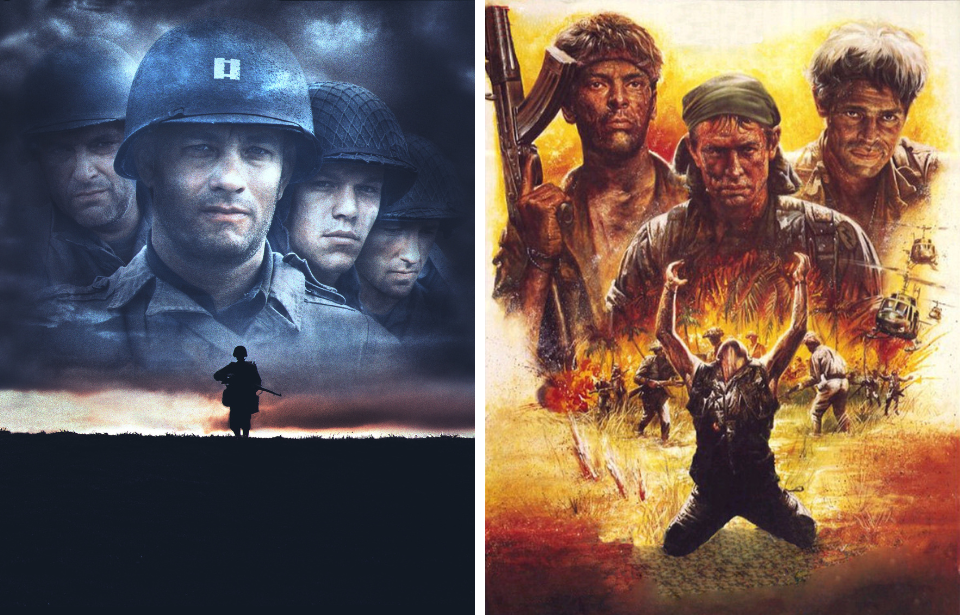
There’s nothing quite like a good war film, with over-the-top explosions and lifelike special effects. While a popular genre, there are some releases that stand out above the rest. This isn’t necessarily because they have bigger budgets – it’s usually because they put the viewer right in the middle of a battle or war. Discover seven of the most historically accurate and realistic war movies ever produced.
Hacksaw Ridge (2016)
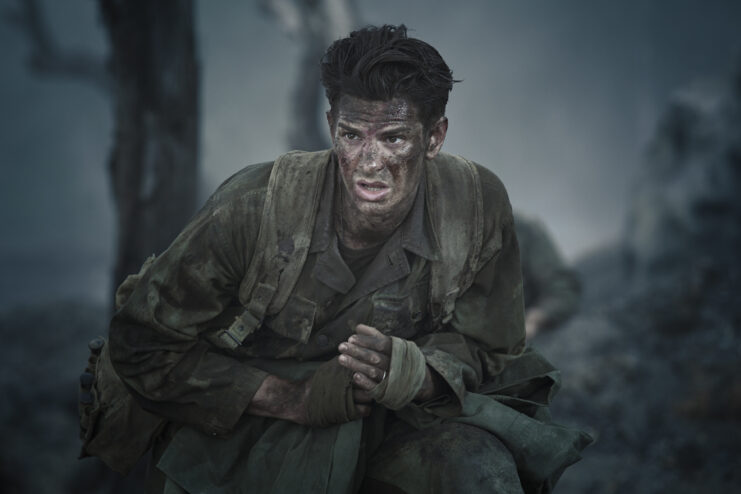
Hacksaw Ridge (2016) tells the story of pacifist medic Desmond Doss, who served in the Second World War while never carrying a weapon. It follows Doss’ heroics at Hacksaw Ridge during the Battle of Okinawa, where he selflessly saved the lives of 75 fellow service members. The movie also depicts his life outside of the conflict, creating a stunningly historically accurate depiction of the Medal of Honor recipient.
Ironically, the pieces of the story that are far from accurate have nothing to do with Doss’ service overseas. They’re about other details of his life. While training, Doss gets court-martialed for insubordination for his refusal to use a weapon. This never did happen in real life, although threats were certainly made. Additionally, Doss’ wife never served as a nurse during World War II – she became certified following the conflict.
The accuracy of Hacksaw Ridge was so impressive that Desmond Doss Jr. later said, “I find it remarkable, the level of accuracy in adhering to the principal of the story in this movie.” The film was also commended by veterans of Okinawa for how graphic it was, saying that’s what the fighting was really like.
We Were Soldiers (2002)
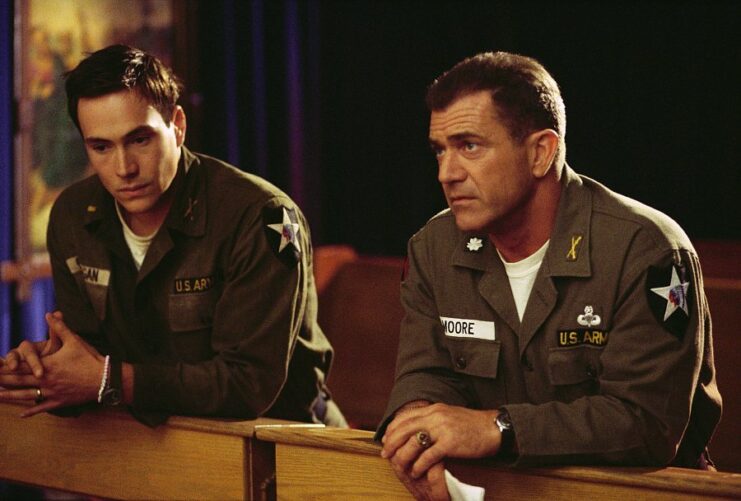
Not only is We Were Soldiers (2002) considered one of the best movies about the Vietnam War, it’s one of the most historically accurate. Based on the book by Lt. Gen. Hal Moore and war correspondent Joe Galloway, it follows the experiences of Moore and his men during the Battle of Ia Drang. The secondary plot focuses on Moore’s wife, Julia, as she delivers telegrams informing families that their loved ones’ have perished overseas.
A lot of effort was put into ensuring We Were Soldiers was accurate, with most omitted details left out to cut down on scope, without changing the story. For example, the plot focuses on the men at LZ X-Ray, meaning the fighting at LZ Albany isn’t covered.
The only part of the film that veers away from the truth is the ending, when Moore and his men lead one final charge against the North Vietnamese. This never happened, and the battle didn’t end until the Americans controlled both landing zones.
Platoon (1986)
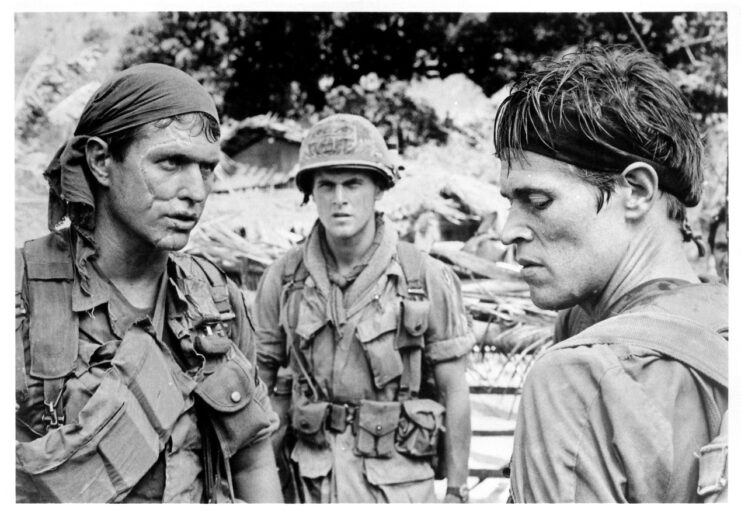
Released in 1986, Platoon was (and continues to be) a big hit with audiences, both for its captivating plot and accurate portrayal of the Vietnam War. This isn’t a surprise, as director Oliver Stone served a tour in Vietnam between 1967-68 and brought his firsthand experiences to the production.
While many similar films focus on real-life events, Stone didn’t base his on any one thing. Instead, he simply captured the essence of Vietnam. Platoon gives a unique look into the psychological experience of the American soldier in a way you won’t soon forget. This is also compounded by the inclusion of incredibly accurate battle sequences, from the way the men carry their weapons to the tactics they use.
Former Marine-turned-movie advisor, Sgt. Maj. James Dever, was one person who expressed how impressed he was, telling Screen Rant, “They’re sweaty, they’re dirty, the way they talk, the way they act… You believe they’re out there in Vietnam.”
Lone Survivor (2013)
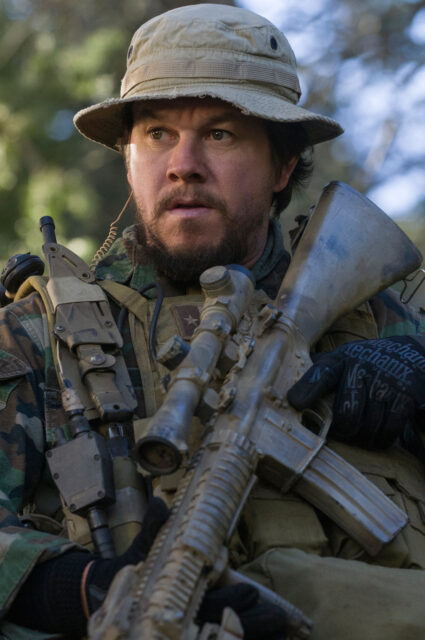
Based on the book by Marcus Luttrell and Patrick Robinson, Lone Survivor (2013) follows the former’s time overseas during the War in Afghanistan. When Luttrell and three others embark on Operation Red Wings to locate Taliban leader Ahmad Shah, they become ambushed and are forced to fight their way out with little-to-no support.
The story is horrific, but almost entirely true, which helps make the movie that much better. As easy as it could be to write off scenes like jumping down cliffs, having rescue helicopters shot down and losing one of your comrades while they call for backup as Hollywood dramatics, these were all real things that happened to Luttrell and the others involved in the summer 2005 mission.
Veterans have praised the film for its use of real military tactics and for showing the difficult decisions service members are faced with in the field.
Das Boot (1981)
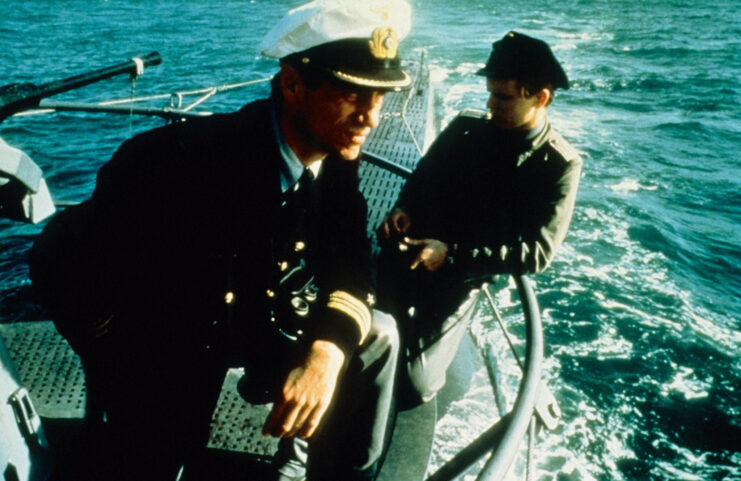
Das Boot is yet another adaption of a book, based on Lothar-Günther Buchheim’s 1973 account of his time serving onboard the Kriegsmarine U-boat U-96 during the Second World War. The plot follows the crew as they patrol the ocean during the Battle of the Atlantic, focusing on both the excitement of the fight and the tedious nature of submarine warfare.
Director Wolfgang Petersen was determined to make this war movie historically accurate. Heinrich Lehmann-Willenbrock and Hans-Joachim Krug, two members of U-96‘s original crew, acted as consultants, and Petersen ensured the mock U-boat was a direct replica, using photos taken by Buchheim as reference.
Despite this, Buchheim criticized Petersen for turning his anti-war book into a glorification the conflict. He also complained that, while the set was accurate, the behavior of the sailors wasn’t. This is ironic, considering two of the very men involved in the film from day one had actually served aboard the U-boat.
Black Hawk Down (2001)
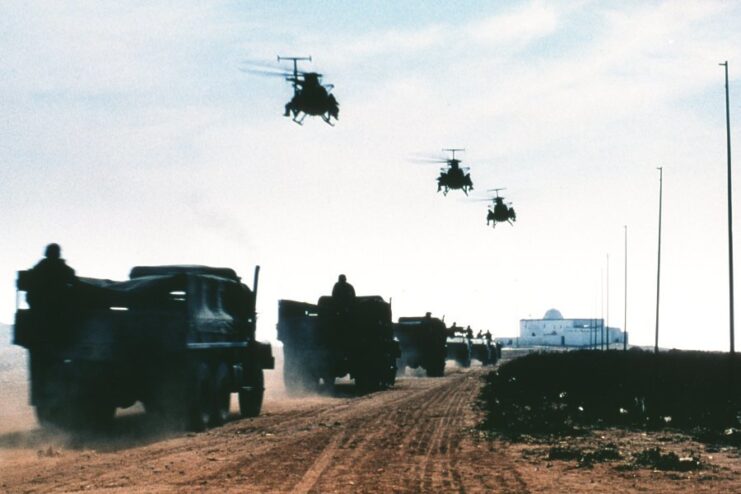
Released in 2001, Black Hawk Down tells the story of the Battle of Mogadishu during the ongoing Somali Civil War. It follows three Special Forces units tasked with capturing Mohamed Farrah Aidid, a Somali general. Many of the US helicopters are shot down, and fighting ensues with the combatants on the ground before the American forces are evacuated.
While the film was criticized for its American-focused portrayal of the engagement, it was praised for the accuracy of its combat. What worked in director Ridley Scott’s favor was that the battle was extremely well-documented, which made it easier to ensure these parts of the war movie were historically accurate.
Scott consulted both those who were there, as well as official reports, to put together impressive combat scenes, even if that was the only part of Black Hawk Down that remained true to life.
Saving Private Ryan (1998)
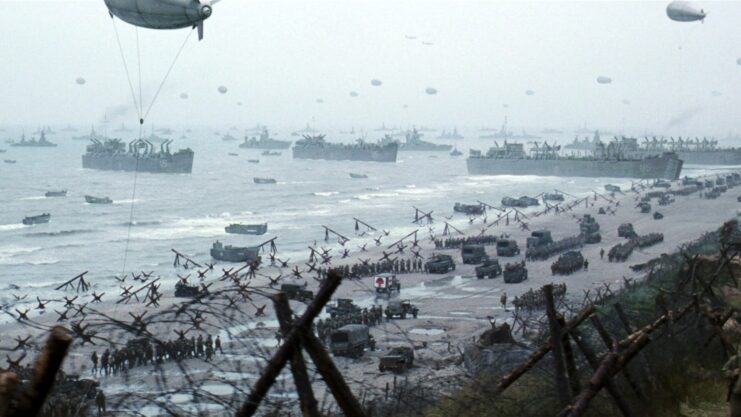
Saving Private Ryan is an interesting feature on a list of the most historically accurate war movies, mainly because none of the characters actually existed. Yet, Steven Spielberg still managed to place this narrative into an incredibly accurate Second World War. He ensured he made many elements true to life, including the uniforms and military tactics.
Perhaps the most impressive thing was the film’s depiction of American troops landing on Omaha Beach on D-Day. This was so accurate, in fact, that it triggered numerous post-traumatic stress disorder (PTSD) episodes among veterans from all wars. When Vietnam veteran Richard White saw Saving Private Ryan, he said:
“I was a whimpering, sobbing pile of blubber. I was very embarrassed and didn’t want to be in that state of mind, but I couldn’t help it. You feel that terror. I was in Vietnam, and [the movie] was WWII, but it was familiar.”
